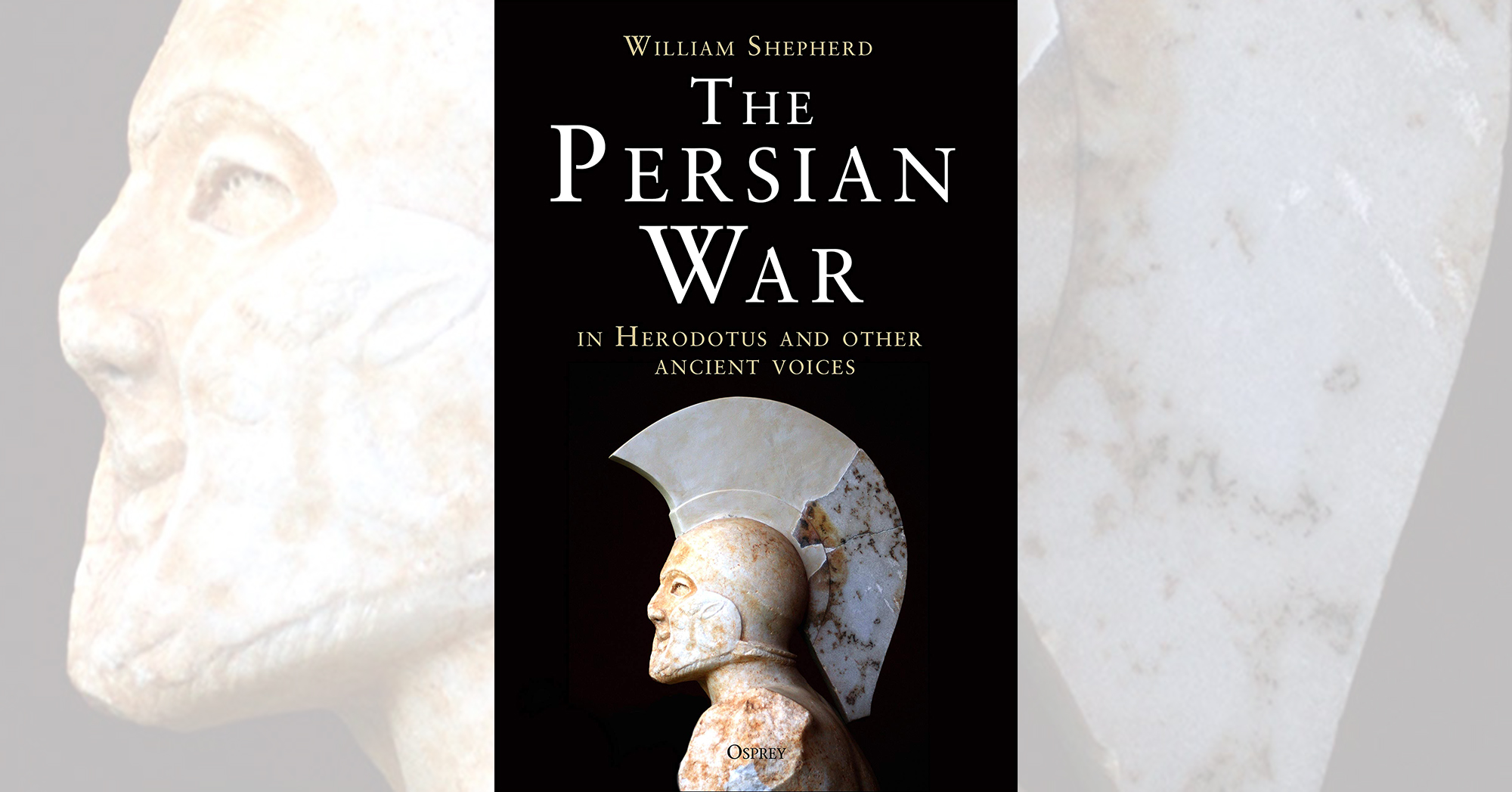The Persian War in Herodotus and Other Ancient Voices, by William Shepherd, Osprey Publishing, Oxford, U.K., 2019, $30
The Persian War recounts one of the most significant conflicts in the history of Western civilization. While the Greco-Persian confrontation stretched roughly from 499 to 450 BC, the critical events unfolded between 490 and 479 BC, a period that encompassed the legendary battles of Marathon, Salamis, Artemisium, Thermopylae and Plataea. Historians have long speculated about how profoundly different the world would certainly have been had the Greeks succumbed to the Persians.
The conflict was among the earliest for which extensive contemporary written records still exist. By far the most important of those were written by Herodotus (484–425 BC), universally acknowledged as the “Father of History.” That said, many other accounts survive, from such classical writers as general turned historian Thucydides (c. 460–400 BC) and playwright Aeschylus (525–456 BC), who as an Athenian citizen soldier had fought in the battles of Marathon, Salamis and Plataea before producing The Persians, the world’s oldest surviving theatrical work, in 472 BC.
In writing this book William Shepherd employed his knowledge as a former student of the classics at Cambridge to access the ancient records of the Persian War in their original languages. He combined that with an extensive knowledge of matters bellicose, which he gained as the head of Osprey, a well-known publishing company specializing in military history. The result is a scholarly yet highly readable volume combining ancient history with modern research into the modes and methods of classical warfare on both land and sea.
—Robert Guttman





